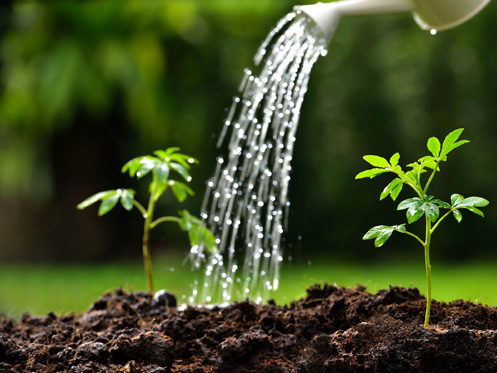Introduction
While living in Colorado has amazing perks, being a homeowner in this terrain can introduce some geological challenges. Unexpected damages due to soil movement lead to expensive home and plumbing repairs and are unfortunately quite common in most Colorado residential areas.
In fact, a case study published in 2017 shows that movement in soil (or swelling soils) accounts for over 2 billion dollars in damages each year in the United States, twice that of most natural disasters. As plumbers, we run into the aftermath of swelling soils frequently, from broken water lines to sewer back up’s, and want to share a little information on what many Colorado residents experience, knowingly or not.
What Swelling Soils are, and How they Affect You
Unfortunately for homes in this region, the ground beneath us is never static–especially in Colorado. But understanding how swelling soils function could help us prepare our homes and plumbing for the inevitable shifts in our environment.
Swelling soils are made up of clay minerals (typically montmorillonite and bentonite) in soils and rocks. These materials will expand or contract depending on the changing moisture content of the environment. The soil will expand due to moisture, which can lead to an increase of up to 15 times their regular volume. Shrinking will occur when the soil dries out. Not all soil expands or retracts at this same rate, but it’s easy to imagine what could happen to structures built on swelling soil.
It’s difficult to prepare for swelling soils due to the range of possible effects it could have on your property. Some usual symptoms of swelling soils include cracked concrete and driveways, sewage back up’s, and even excess water bills as water lines can crack due to movement. As the ground around your sewer piping shifts, it often leads to uneven sections or bellies, cracks, and offsets, as well as severe root intrusions. Older homes with clay sewer piping are especially susceptible, as clay piping was typically made in 3-5 foot sections which inherently give it weak spots every few feet in the line.
What Can Contribute to Swelling Soils?
Neglecting to maintain runoff drainage slopes and clean gutters
Overwatering lawns and gardens
Neglecting to adjust and maintain sprinkler systems
Planting trees, shrubs, and flowers too close to the foundation
Constructing patios, fences, or other obstructions that dam and pond water
Neglecting to seal old construction joints and cracks that develop over time
How Can High 5 Plumbing, Heating, Cooling & Electric Help?
While your house isn’t going to fall through the earth anytime soon, these problems can be severe and are not entirely predictable. If you’re a current homeowner, you should consult experts immediately if you’re not sure how swelling soils are affecting your residence.
While swelling soil can’t be eliminated, the risks can be understood and reduced by proper site investigation, design, construction, landscaping, and maintenance practices.
At High 5 Plumbing, Heating, Cooling & Electric, we have expert technicians who can help you determine if swelling soils are affecting your plumbing system and how you can best respond. Our techs can evaluate shifts in your sewer line with a sewer camera survey, examine your basement concrete and determine if it’s affected any piping connections, and provide you with the knowledge you need to plan ahead.
Call soon and mention this blog post for a waived service call fee.

